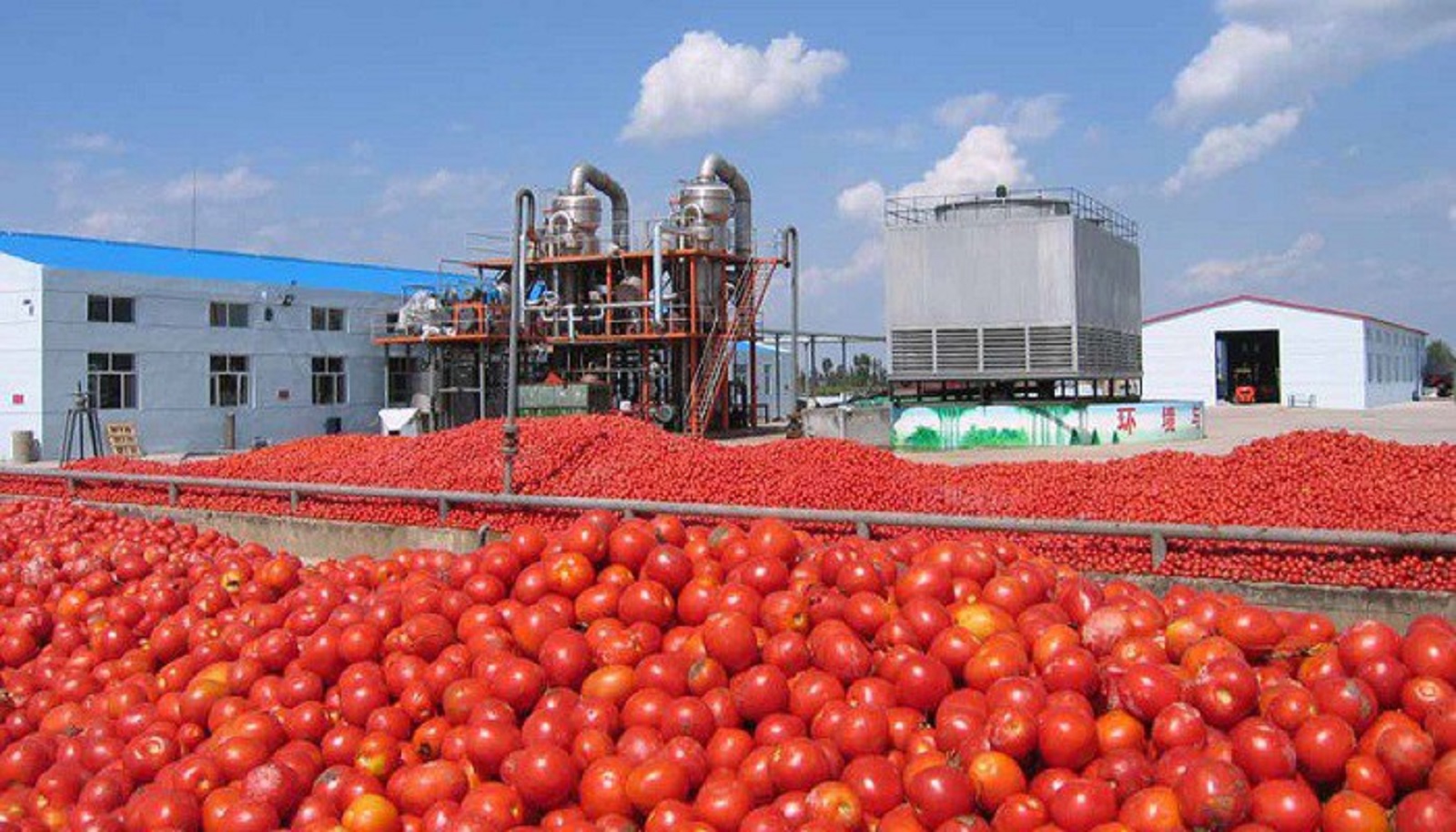Onome Amuge
Dangote Tomato Processing Company is in collaboration with the Central Bank of Nigeria (CBN) to provide tomato farmers with high yield seeds that are hoped to produce at least 40 tonnes per hectare.
Abdulkarim Kaita, the managing director of Nigeria’s biggest indigenous tomato plant, made the disclosure during the commencement of tomato seedlings distribution to 5,000 farmers under the Central Bank of Nigeria (CBN) backed Anchor Borrowers Programme at Kadawa, Kura Local Government Area of Kano State.
Kaita appealed to the Nigerian government to place a ban on importation of tomato paste into the country the same way it was applied to rice.
He expressed optimism that the ban will encourage development of more tomato processing plants which will pave the way for more job creation and economic sustenance.
Kaita bemoaned the thriving importation of tomato pastes from Cameroun and Benin Republic and disclosed that despite holding talks with the controller-general of the Nigeria Customs Service over the issue, nothing has been done to curb the illicit practice.
According to him, it is only by placing a total ban on tomato importation that the government can encourage farmers to grow the commodity for the country to be self-sufficient. He added that there are 12 major tomato producing states in the country which if fully cultivated, in the next one year will enable the export of the commodity.
A report by the United Nations Environmental Programme states that Nigeria spends around $1 billion annually importing tomato paste while 75 per cent of locally produced tomatoes are wasted due to storage constraints.









